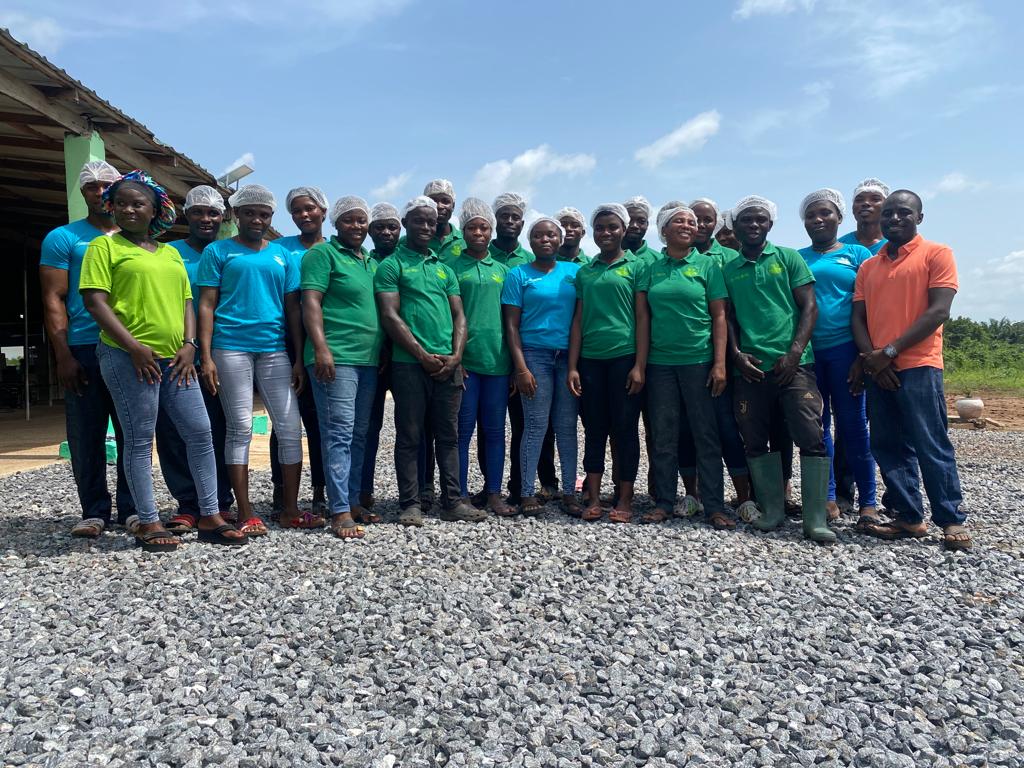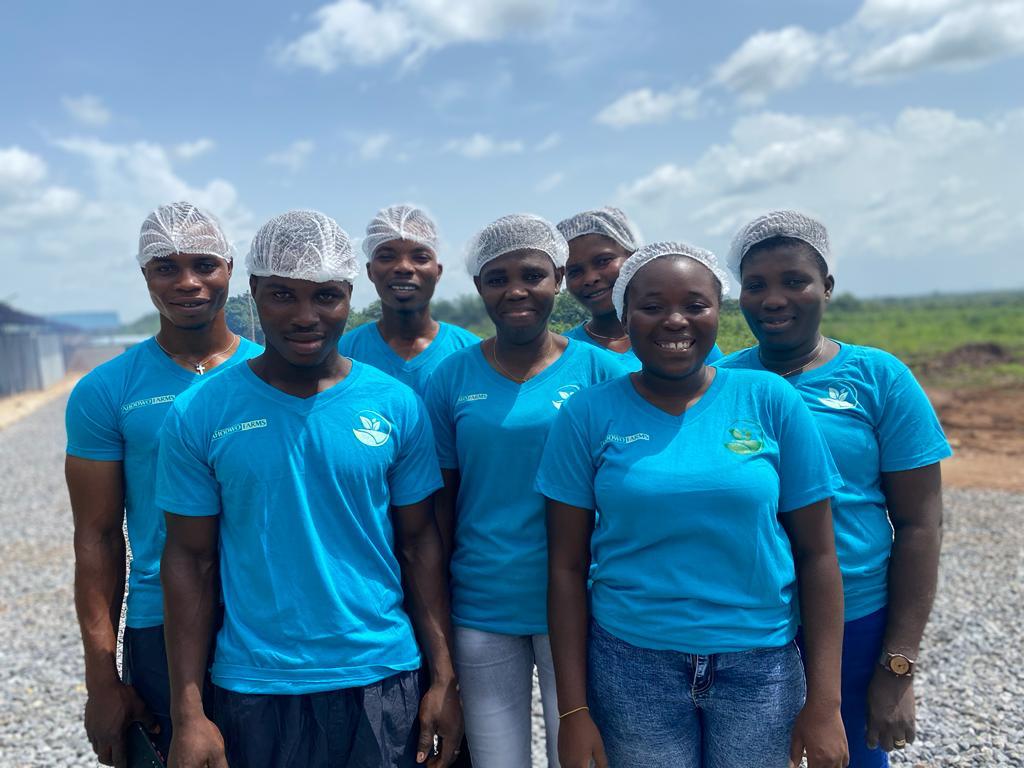About Us

Who We Are
AHODWO FARMS is an Agro–processing Company based at Juapong in the Volta Region of Ghana with a focus on cultivating Cassava on a large scale for onward processing into Gari, Cassava Starch, Cassava Flour, Ethanol, Cassava Flaks, and Animal feed. The focus is cassava because it is one of the cash crops that most women and men including the youth can easily cultivate without much capital needed to invest yet with lots of post-harvest losses because of the lack of financial means to further process it.
Again Cassava has a lot of benefits to the extent that what we have listed to produce is even small and with time we intend to do Cassava Fufu, Cassava Konkonte, and Weedicide. It’s a cash crop that no part of it should be allowed to go to waste yet peasant farmers always lose due to lack of the means to process it further and also poor farming practices.
So AHODWO FARMS decided to venture into this sector of Agro – business to harness these opportunities together with Out-growers and make them believe that proper farming and practices are good enough to create more jobs for sustainable development than we see or think.


MISSION STATEMENT
The mission is to harness all the benefits of this Cash crop (Cassava) and make the farmer believe that he or she is engaged in a financial life-changing business that is feeding the nation and at the same time enriching them.
COMPANY HISTORY
AHODWO FARMS is a 15-month-old company with 1,750 acres of land, 700 of which are currently being cultivated for its processing needs. The company has a scheme called “Cassava for Cash Guarantee” to assist cassava farmers to produce more at a low cost to serve as a source of raw materials for the factory. The company currently employs 115 youths, of which 70% are females, and 40% of them are single mothers. The company provides food and accommodation to 39 of them. The company processes one of the best Gari on the Ghanaian market, and its demand exceeds its current production capacity. The company sells 3,000 kg of cassava peels for animal feed, but almost half goes to waste due to the financial means to further process it.
